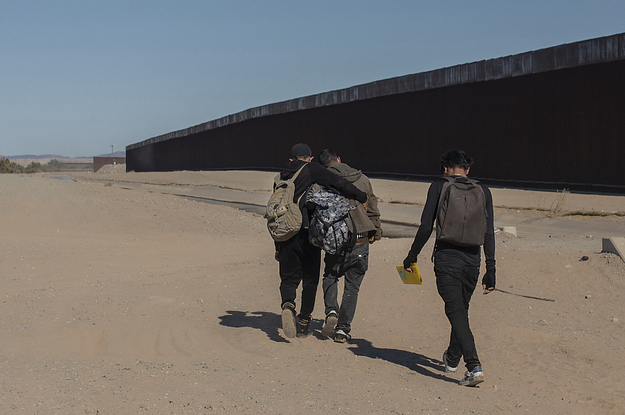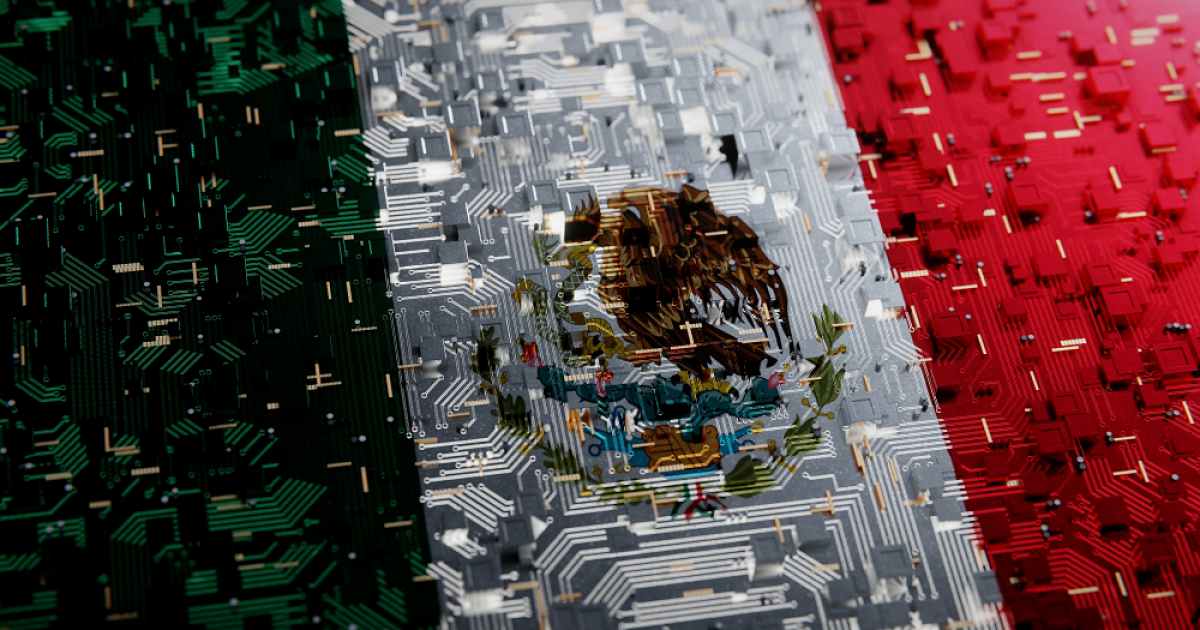[ad_1]
Mexico has succeeded in removing a pre-Hispanic artifact from a planned Vienna auction, part of the government’s largely unsuccessful campaign to win the return of archaeological treasures
MEXICO CITY — The government of Mexico said Thursday it succeeded in getting a pre-Hispanic artifact removed from a planned Vienna auction, part of an effort to win the return of archaeological treasures that has largely been unsuccessful so far.
The Setdart Gallery in Barcelona, Spain, apparently auctioned off 35 colonial-era artifacts from Mexico on Thursday, and the Carlo Bonte Auctions in Bruges, Belgium, is soon set to offer three Mexican artifacts. The Ader auction house in Paris is scheduled to sell 74 archaeological artifacts, including ceramics and carvings, on March 18.
Mexican President Andrés Manuel López Obrador has mounted a campaign trying to stop such sales, and has asked other governments to return pieces from the Aztec, Maya, Olmec and other cultures.
So the government proudly announced Thursday that Vienna’s Galerie Zacke had agreed to remove from an auction Friday a carved stone yoke, or collar, from a Gulf coast culture. The piece was produced between 1,000 and 1,500 years ago, and the ceremonial, U-shaped collar is similar to pieces carved by the Olmecs.
The government also said that Zacke had agreed to get in touch with the owner to see about returning it to Mexico, “in a gesture of empathy and corporate responsibility.”
Austria has drawn the wrath of López Obrador before, for refusing to return a headdress that was reputedly once owned by one of the last Aztec emperors. The semicircle of green feathers from the Quetzal bird and other species is more than one yard (meter) wide and is currently at the museum of ethnology in Vienna.
Montezuma, the Aztec emperor, gave the feathered headdress as a gift to Spanish conqueror Hernan Cortes in 1519, though Mexican officials concede that Montezuma probably never personally wore it.
Mexico has been particularly upset about auctions of antiquities in France, a country that has been loath to stop such sales.
In February, López Obrador complained that French auction houses had gone so far as to send Mexico’s archaeological institute photos of relics, asking if they were genuine so they could sell them for more money.
López Obrador said he issued orders for the government National Institute of Anthropology and History, known by its Spanish initials as the INAH, to stop responding to such requests.
“They, the organizations that auction these pieces off, are so brazen they ask the INAH for information. They send photos so the INAH can tell them if these are authentic or fakes,” López Obrador said.
The president also took a dig at the French government, which has not intervened in a series of such auctions in recent years. López Obrador said the French should be more like the Italian government, which has made a point of identifying and returning ancient artifacts.
“It is very regrettable that the French government hasn’t passed legislation on this, as has been the case in Italy,” López Obrador said.
[ad_2]
Source link


















